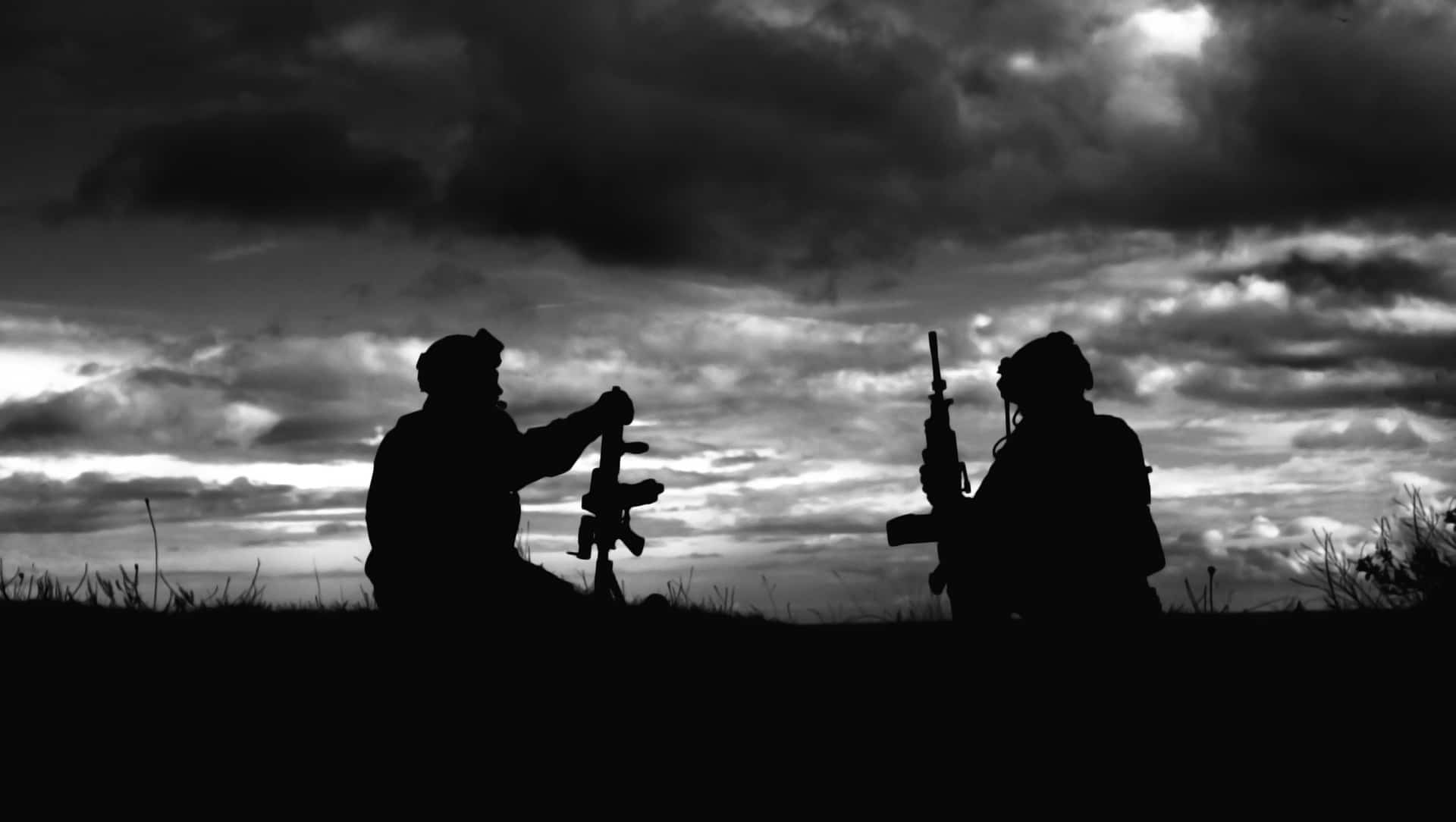Credits
[Piano Music] Operation homecoming is presented by the National Endowment for the Arts in conjunction with the Southern Arts Federation. This historic program would not have been possible without the generous support of the Boeing Company. The musical personnel includes Dan Sherrod on accordion, Richard Dorsey and Philip Brunelle on piano, and Vietnam veteran Saul Brody on harmonica. This audio CD was produced and directed by Dan Stone and John Parrish, P.T. of the National Endowment for the Arts. This is Dana Gioia.
